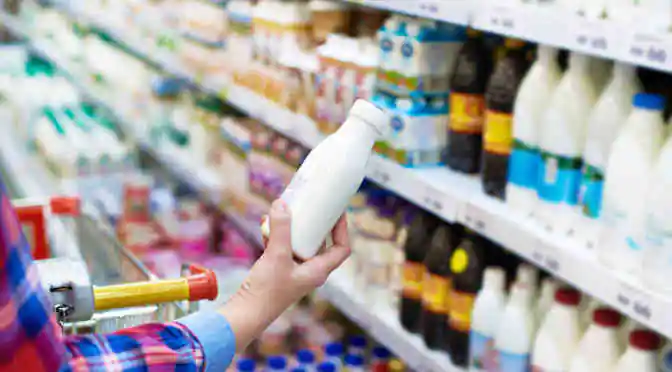Microbeads are fancy looking, tiny pieces of plastic present in our toothpaste, body wash, exfoliators, and scrubs. If advertisements are to be believed, then these little bits of plastic add shine to our teeth, remove dead cells from our bodies, and give us glowing skin. But according to many ethical campaigners and beauty experts microbeads do more harm than good to us and the environment, and should therefore be banned.
What are microbeads, and why they should be banned?
Microbeads are tiny particles, typically of the size of 0.5 to 500 micrometers in diameter and are composed of polyethylene (PE), polypropylene (PP), polyethylene terephthalate (PET), polymethyl methacrylate (PMMA), or nylon. In short, microbeads can be described as tiny plastics, which are designed to get into hard to reach places. As plastics in itself pose a major environmental issue and are hard to tackle, microbeads pose a more severe challenge as they are impossible to trace once they are released into the environment. Also, since most of the wastewater treatment processes fail to filter out microbeads due an apparent lack of technology, it ultimately gets discharged into the water bodies and disrupts the entire marine ecosystem.
Though many might question the amount of damage can these microplastic pieces can cause, the fact is that collectively they have a huge surface area. Due to this not only do they release and absorb large quantities of toxins, but microbeads are easily ingested by marine animals as well. Once in the marine environment, microbeads move throughout the food chain. A recent study showed that 90% of seabirds have plastic in their guts. Due to its deadly impact on the environment, Greenpeace refers to microbeads as ‘toxic time bomb,’ and calls for its ban.
Microbeads in exfoliators and scrubs
A vital ingredient in several cosmetics and beauty products, the use of microbeads has received a lot of flak in the recent times. Analysts at Technavio, expect the ban on microbeads as one of the key challenges for the global exfoliators and scrubs market. It has also been noted that the US government in the US has already banned disallowed the use of microbeads, and the UK government too has announced the ban to come into effect by the end of 2017.
Though several bodies in the cosmetics industry are of the view that its too early to put the entire onus of marine pollution on microbeads, yet brands like Johnson & Johnson and P&G are have started phasing out the use of this component from their products. With the ban on microbeads, vendors are now introducing organic ingredients in their products. For instance, CoValence has launched Charcoal Volcanic Scrub. It is made using charcoal powder, fossil peeling powder, and volcanic sand. Similarly, products like Ecuadorian ivory palm seeds, sea salt, and sugar-based formulations are also being used by several manufacturers in the industry.
For an in-depth understanding of the exfoliators and scrubs market



